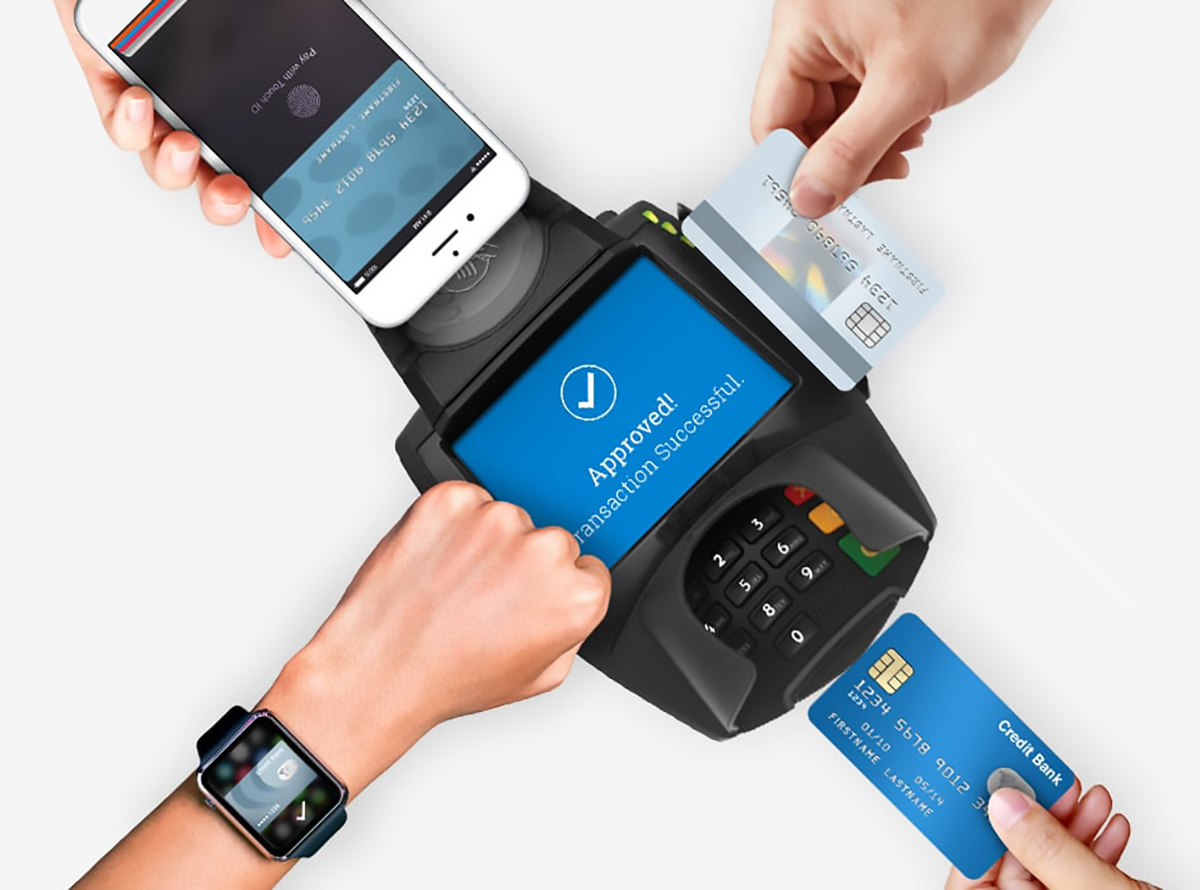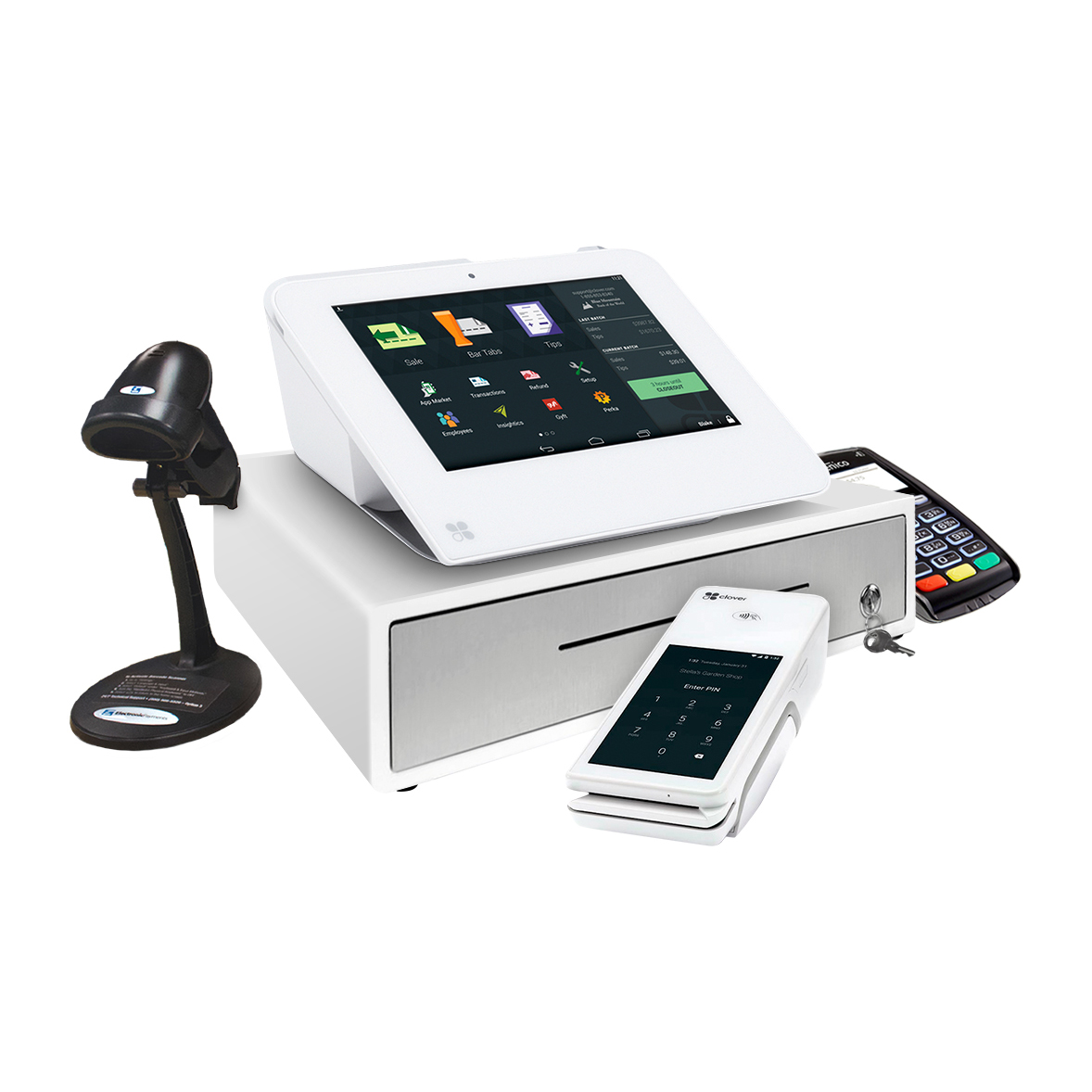Our cloud-based platform is so seamlessly integrated you would think it was part of your accounting software.





Understanding QuickBooks Merchant Account Fees
QuickBooks merchant account fees can often feel like an enigma to many business owners. With a variety of services and pricing models, navigating these fees becomes a crucial task for efficient financial management. As someone who has spent over two decades in the financial sector, I've seen how these fees impact businesses firsthand. It's vital to understand that these fees encompass charges for payment processing services that QuickBooks facilitates. These can significantly affect your cost of goods sold, and in turn, your gross profit.
Methods for Handling Merchant Fees
Effectively managing QuickBooks merchant account fees can seem daunting, but there are structured ways to handle them. POS Brokers is able to assist you throughout the entire process. In my experience, two primary methods stand out: the cost of sales method and the expense method. The cost of sales method places these fees at the top of the income statement, integrating them directly into gross margins. This provides a clear picture of profit margins post-fees. Alternatively, the expense method classifies them under operating expenses, grouping them with other essential business costs.
Each method offers distinct advantages. For example, the cost of sales method allows for direct comparison with service provider alternatives, while the expense method simplifies overall expense categorization. Business owners must choose the approach that best aligns with their financial reporting needs.
How to Use QuickBooks for Fee Management
The integration of QuickBooks with a systematic approach to managing merchant fees can streamline the accounting process. A consistent system, whether using QuickBooks Online or Pro, simplifies record keeping. Here's how you can manage these fees effectively with a step-by-step process:
- Create a sales receipt: Generate a receipt with the exact sales amount and classify under 'Undeposited Funds'.
- Match with a deposit: Record the associated deposit, ensuring it reflects the total net after deducting the processing fee.
- Account for fees: Log the merchant fee in a dedicated expense account after matching the net deposit in your records.
By following these steps, you ensure that your QuickBooks merchant account fees are recorded accurately, aiding in comprehensive financial reporting.
Are QuickBooks Merchant Fees Tax Deductible?
Yes, QuickBooks merchant account fees are tax-deductible, a fact often overlooked by many business owners. These fees qualify as necessary business expenses and can be deducted from your taxable income. Consistent tracking of these fees not only simplifies year-end tax filing but also enhances understanding of your financial standing. Accurate records ensure you take full advantage of these deductions, reducing your overall tax liability.
Hidden Costs of QuickBooks Merchant Account Fees
Understanding the hidden costs associated with QuickBooks merchant account fees is essential for business owners aiming to maximize profitability. While the fees are clear, the impact on cash flow and net profit may not be. Beyond the percentage charges per transaction, businesses must consider fees for additional services such as instant transfers or currency conversion. These costs can accumulate, impacting financial performance.
- Transactional Costs: Typically a set percentage plus a fixed fee per transaction.
- Additional Service Fees: Charges for optional services like expedited payments and currency conversions.
- Monthly Maintenance Fees: Depending on your account type, these can add to your overall expenses.
Regularly reviewing your account statements and transaction history can help identify these hidden costs, allowing for more informed business decisions.
What is the Future of QuickBooks Merchant Account Fees?
As technology evolves, QuickBooks merchant account fees continue to adapt. The future points towards more transparent fee structures and possibly reduced costs due to competitive service offerings. Businesses increasingly demand clarity and efficiency from payment processing services, pushing platforms like QuickBooks to innovate. Trends indicate that enhanced integration with other financial tools and AI-driven analytics may soon offer even more control over these fees.
Ultimately, staying informed and adaptive is key to leveraging these developments to your business's advantage. Regular consultations with accounting professionals and staying updated on industry standards will ensure that you are prepared for these changes.

Empower Your Business with QuickBooks Integration
Why Choose QuickBooks for Merchant Account Integration?
- Seamless Transactions: Enjoy smooth payment processing without technical hiccups.
- Lower Fees: Negotiate better rates and minimize transaction costs.
- Custom Invoicing: Tailor invoices to reflect your brand and simplify payment collections.
How to Choose the Best Merchant Account for QuickBooks Integration
- Review Your Business Needs: Analyze your sales volume and payment methods.
- Compare Costs: Look beyond headline rates and consider monthly fees, chargebacks, and interchange fees.
- Check Compatibility: Ensure the merchant account integrates smoothly with QuickBooks.
- Evaluate Customer Support: Opt for providers with reliable, 24/7 support to resolve issues swiftly.
Addressing Common Concerns About QuickBooks Payment Integration
How Can I Reduce My QuickBooks Payment Processing Fees?
- Negotiate Rates: Much like purchasing a vehicle, rates can often be negotiated with your provider.
- Leverage Interchange Optimization: Taking advantage of Level 2/3 data can lower B2B transaction costs significantly.
- Choose a Cash Discount Program: Pass on savings to customers who choose specific payment types.
Streamlined Payments and Reduced Fees
QuickBooks invoicing and payments offer businesses a powerful way to streamline their financial processes and reduce fees. Our team at The POS Brokers can show you how to leverage this multifaceted platform to optimize your payment workflow. Each feature is crafted to enhance efficiency, allowing you to accept payments seamlessly across various QuickBooks configurations. Whether you're utilizing QuickBooks Online, Desktop, or POS, there's a smooth setup process free from the headaches that typically accompany tech integration.
One of the most salient advantages of quickbooks invoicing and payments is the ability to negotiate better rates through advanced solutions. We specialize in lowering your processing fees by utilizing interchange optimization, enabling zero-cost processing, and offering cash discount options. Our approach ensures that you benefit from reduced effective rates without having to compromise on customer experience or service quality. This strategy is both innovative and practical; it paves the way for efficient financial management.
My 20 years in the financial industry have shown that businesses thrive when they can automate their invoicing and payment systems effortlessly. With automated invoicing solutions, businesses can send, track, and reconcile invoices automatically. Features such as custom invoice templates, scheduled billing, and auto-pay options not only save time but also enhance cash flow and customer satisfaction.
Why Do Businesses Choose Us?
Businesses continually choose The POS Brokers for our unparalleled expertise in quickbooks invoicing and payments. As experts, we curate tailored solutions that align with your business size, volume, and payment style, eliminating bloated fees and unnecessary add-ons. This meticulous approach to selecting merchant services ensures that you're always equipped with the industry's best options.
Trust forms the cornerstone of our client relationships. By addressing common concerns like payment security, we provide solutions that assure you of secure transactions. The use of PCI-compliant processes guarantees that credit card, ACH, and recurring payments are not only secure but also optimized for savings. This dual focus on security and cost-efficiency is a hallmark of our services.
Our ability to integrate Biller Genie with QuickBooks automates collections, reconciliation, and payment reminders. This not only ensures efficiency but also reduces manual errors, making quickbooks invoicing and payments a smarter choice for any business. These features resonate with our mission to provide a seamless experience that supports your growth and operational needs.
According to industry standards observed over my years of experience, real-time reconciliation is a must-have for any business aiming to maintain clean books. By automating reconciliation and payment matching directly within QuickBooks, we ensure that your financial records are always up-to-date and reliable. This not only saves time but also fosters an environment of trust with stakeholders.
How to Get Started with QuickBooks Invoicing and Payments?
Starting with quickbooks invoicing and payments is a straightforward process designed to minimize disruption and maximize benefits. Understanding the need to integrate seamlessly with your existing systems, we've outlined simple steps to set up your QuickBooks credit card processing:
- Set Up Your Merchant Account: Choose a merchant account that aligns with your business model, ensuring it offers the best rates and terms.
- Seamless Integration: Integrate QuickBooks with your chosen merchant service without any technical snags, ensuring a smooth transition.
- Automate Invoicing: Use QuickBooks tools to automate invoicing, allowing for custom templates and recurring billing options tailored to your needs.
- Optimize Payments: Implement cash discounting and interchange optimization to lower fees while maintaining a high level of service.
These steps are designed to make your transition into quickbooks invoicing and payments as effective and hassle-free as possible. With proper execution, you can swiftly enhance your financial processes, ultimately leading to better cash flow and operational efficiency.
How Do I Lower Fees with QuickBooks Invoicing and Payments?
Lowering fees with quickbooks invoicing and payments is achievable by focusing on several strategic methods. First, utilize interchange optimization, which involves adjusting the processing of transactions to achieve the lowest possible fees. This can significantly cut costs without sacrificing the quality of service to your clients.
Another effective strategy is to explore cash discounting options. By offering clients discounts for cash payments, you can minimize credit card processing fees, benefiting both your business and your customers. It's an effective way to encourage cash transactions while maintaining the flexibility of payment options.
Lastly, switching to a merchant account that better suits your business model can lead to sustainable savings. By negotiating better rates and opting for merchant services that prioritize your business type and volume, you lower costs and enhance the overall payment experience.
What Are Common Questions About QuickBooks Invoicing and Payments?
When it comes to quickbooks invoicing and payments, many businesses are curious about how these features can be tailored to fit their specific needs. A frequent inquiry is about the customization of invoice templates. QuickBooks allows users to create and personalize invoices with logos and branding elements, making them a representation of the business's identity.
Another common question revolves around the automation of payment reminders. QuickBooks offers tools that automate this process, ensuring that clients are timely reminded of pending dues without manual intervention. This functionality not only improves cash flow but also strengthens client relationships by reducing the instances of late payments.

How do QuickBooks merchant account fees impact my business's bottom line?
Understanding how QuickBooks merchant account fees affect your business is crucial to managing your overall financial health. These fees represent the costs of using QuickBooks' payment processing services and can influence both your cost of goods sold and gross profit. For instance, a small business owner in the retail sector noticed that as her transaction volume increased, the cumulative effect of these fees started impacting her net margins significantly. By analyzing her income statement and reclassifying fees from an operating expense to the cost of sales, she got a clearer picture of her actual profit margin. Keeping a close eye on these charges can help you pinpoint where expenses might be excessively accumulated and highlight opportunities for cost optimization.
What are some strategies for reducing QuickBooks payment processing fees?
Reducing your QuickBooks payment processing fees can lead to significant savings over time. One practical approach is to negotiate better terms with your merchant service provider. Think of it like negotiating a lease--many business owners aren't aware that these rates are often flexible. Additionally, leveraging Level 2 and 3 interchange optimization can lower costs on B2B transactions. During a consultation with a restaurant owner, we discovered that implementing a cash discount program reduced her card processing fees by encouraging more cash payments. This creative solution not only minimized fees but also improved her cash flow. What specific strategies have you explored to reduce expenses, and how have they worked out for you?
How can I choose the best merchant account for QuickBooks integration?
Choosing the right merchant account to integrate with QuickBooks involves assessing your unique business needs. Consider your transaction volume and payment methods--this helps determine the best-fit account. For a tech startup, for instance, focusing on a merchant account that supports various payment methods, including digital wallets, was critical. They prioritized providers with robust customer support and easy QuickBooks integration to ensure smooth operation and minimal downtime. Be sure to examine all related fees, including monthly maintenance and chargebacks, to avoid surprises later. Have you considered how the right merchant account could streamline your operations?
What benefits can I expect from using QuickBooks for automated invoicing and payments?
Using QuickBooks for automated invoicing and payments offers numerous benefits, including enhanced cash flow, reduced manual errors, and improved efficiency. A manufacturing business I worked with switched to automated invoicing and noticed a dramatic reduction in the time spent on repetitive billing tasks. They utilized features like custom invoice templates and scheduled billing, which allowed their team to focus on core business activities rather than administrative tasks. This shift not only optimized their operations but also improved customer satisfaction through timely payment reminders. What features do you think could transform your billing process?
Resources
- Internal Revenue Service (IRS) - The official website of the IRS provides information on tax deductions, including QuickBooks merchant fees.
- U.S. Small Business Administration (SBA) - The SBA offers resources for small business owners, including financial management tips related to merchant fees.
- Federal Trade Commission (FTC) - The FTC website provides information on consumer protection, which can be useful in understanding hidden costs of merchant fees.
- American Institute of Certified Public Accountants (AICPA) - The AICPA offers accounting resources and guidance on tax deductibility of merchant fees.
- PaymentsSource - PaymentsSource is a reputable source for information on payment processing, including strategies to reduce fees.
Contactless Payments!
Ensure your safety with the convenience of contactless payments. Our wide range of devices offers seamless contactless payment options, along with mobile contactless alternatives for hassle-free curbside pickups and deliveries. Contact us today for further details and stay secure.
Chip Card
Swipe Card
Apple Watch
E-Check
NFC Phone
 Quick Tip
Quick Tip
38% of new business owners make the wrong choice when selecting a POS for their startup.
Let Us Help You Choose the Right POS System and Save You the Hassle!

Contactless Payments!
Stay safe with contactless payments. All of our devices have contactless payment options and mobile contactless options for curbside pickups and deliveries. Call now for more information.
Chip Card
Swipe Card
Apple Watch
E-Check
NFC Phone
Ready to talk to an advisor?
Complete the form or call us now to talk to a live representative.
“The POS Brokers are amazing. They answered all our questions and explained everything clearly.”
Retail Owner






Reviews
There are no reviews yet.